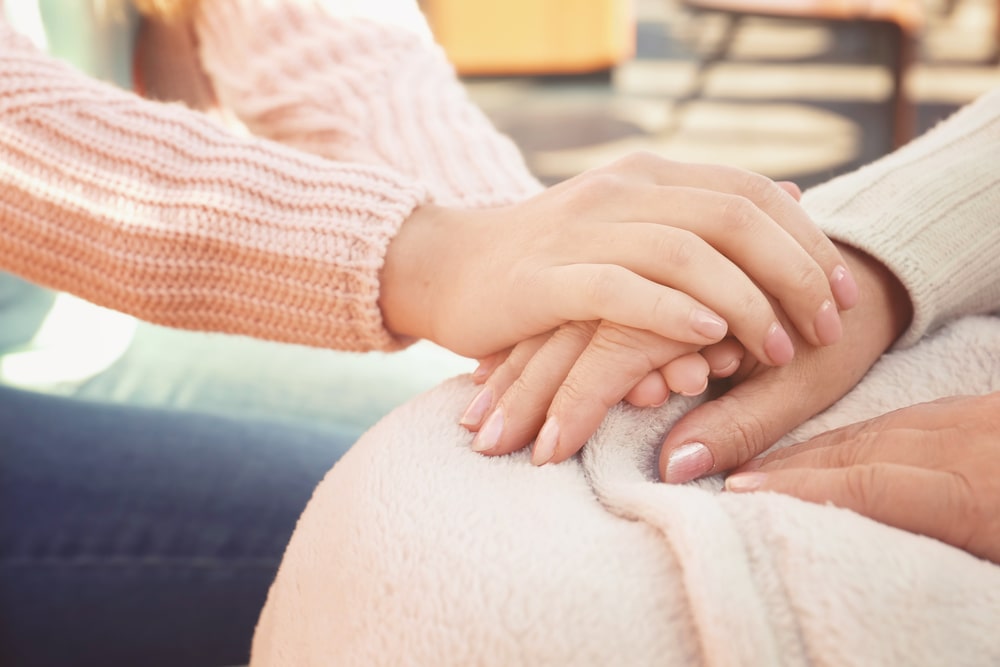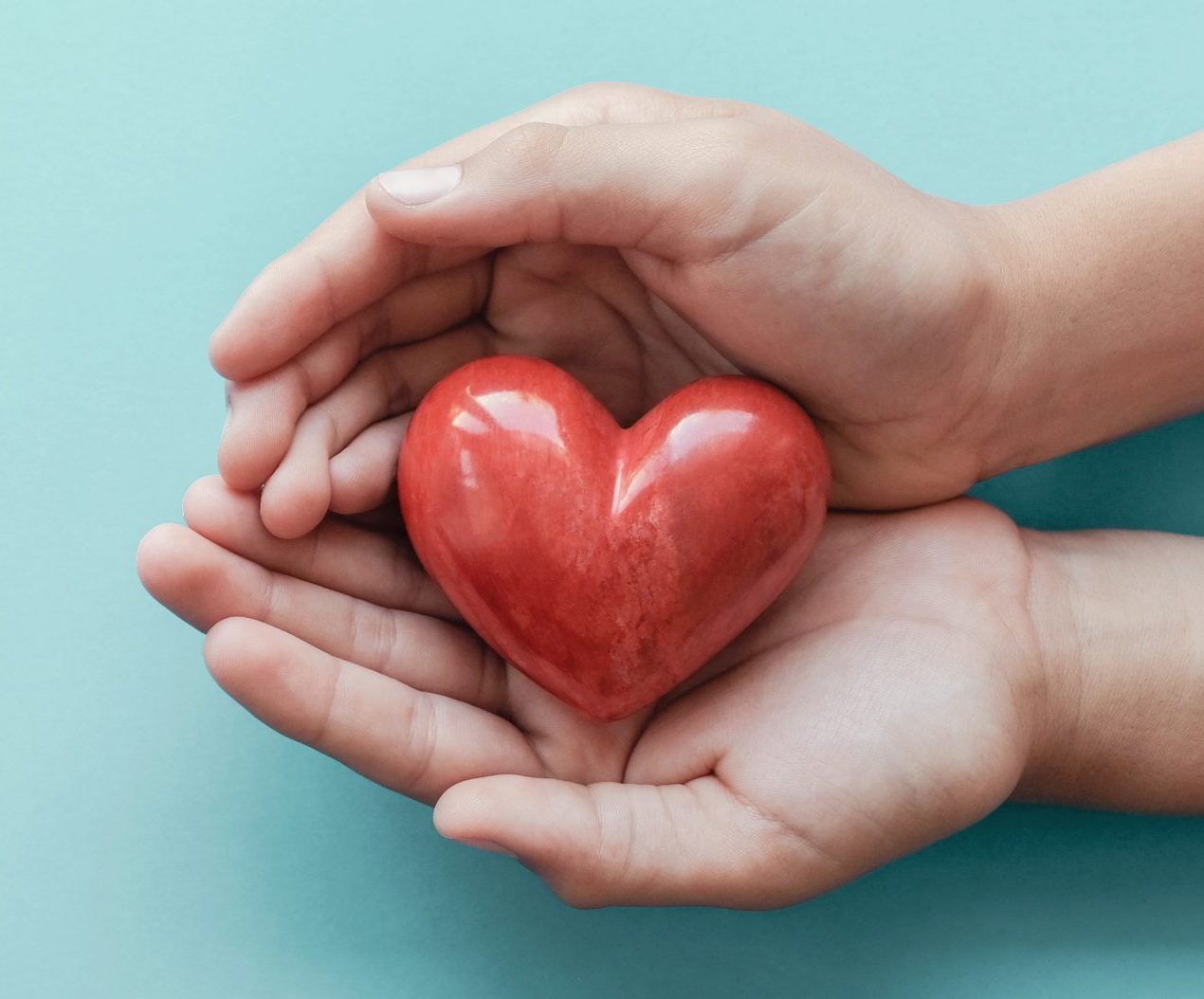
Easter is typically a joyful time, but if you’ve recently lost a loved one, you may find it difficult to find the hope that Easter usually represents. Your grief may feel at odds with the celebration of new beginnings, but you can still honor your loved one’s memory while celebrating Easter. One way to do that is by visiting your loved one’s grave.
While visiting a cemetery at Easter may seem like a somber activity, it can help you in your grief journey. Easter is a time of reflection, and spending time at your loved one’s grave can help you find meaning in your loss and hope for the future.
Here are a few reasons you should consider visiting your loved one’s grave at Easter:
Bring Seasonal Flowers
Easter is often celebrated with beautiful flowers, like lilies, tulips, and daffodils. Because Easter happens at the beginning of spring, it’s one of the first occasions when there are more flowers in season and available. Bringing a bouquet of spring or Easter flowers to your loved one’s grave can make your visit more personal and make it feel like they’re a part of the day with you.
Many families decorate their loved one’s grave at Easter using flowers or other Easter decorations, like stuffed rabbits, pastel butterflies, or angel wings. These displays can be a way for families to incorporate their loved one into their Easter celebration. If you wish to leave flowers or decorate your loved one’s grave, please check your cemetery’s rules about graveside decorations.
Meditate on New Beginnings
When we think of Easter, we often think of new beginnings. For Christians, the resurrection of Jesus Christ is a symbol of hope and new life. For many others, Easter is a time to reflect on the new beginnings that spring brings. When you visit your loved one’s grave, you’re able to meditate and reflect without distractions, which gives you time to slow down and think deeply.
Visiting your loved one’s grave at Easter after a long, dreary winter can also remind you of hope. If you visited the cemetery during the winter, the air was likely cold, the grass dead, and the mood somber. But at Easter, the grass has turned green and flowers are blooming. The landscape will be beautiful again after the darkness of winter, which will help your visit feel more joyful and remind you that hope is just around the corner.
Reflect on Your Loved One’s Legacy
Have you ever watched a movie where a character visits a loved one’s grave to have a moment of reflection and talk to them? Believe it or not, talking to your loved one at their grave can help you in your grief journey. Speaking out loud to your loved one can help you better process and understand the emotions you’re feeling. Plus, with the warmer spring weather at Easter time, you’ll be able to linger longer than you could in the previous months. While you can talk to your loved one any time, their grave serves as a physical reminder of them, which can help you feel more connected to them.
As you speak with your loved one, reflect on the positive memories you have with them. Your loved one left behind a legacy. By remembering what they taught you and the impact they made on your life, you can find gratitude for the time you were able to spend with them. After all, that’s what Easter is all about – being grateful for the blessings we’ve received. When we lose a loved one, it’s easy for us to wish they were with us and mourn the moments we won’t be able to share with them, but it’s just as important to treasure the beautiful times we did spend with them.
Contemplate Life and Death
Easter is the perfect time for contemplation – especially about life and death. When we visit the grave of a loved one, we are reminded of our own mortality. It’s a wonderful reminder that life is short and that the time we have is precious. Visiting your loved one’s grave can help you consider what’s most important to you by reminding you of what was most important in your relationship with your loved one.
For Christians, Easter is a celebration of Jesus’ death and resurrection and a reminder of the hope of salvation and life after death. Visiting a loved one’s grave can be a reminder that you will be reunited with your loved one again someday. No matter what you believe, though, Easter and the coming of spring can be a great opportunity to contemplate your beliefs about life and death and consider what makes your life meaningful.
As you celebrate the hope, joy, and new life of Easter, taking time to think of your lost loved one can help you on your grief journey. If you’ve never visited your loved one’s grave before, visiting on a holiday like Easter can be a great place to start. By taking time to reflect at your loved one’s grave at Easter and incorporating them into your traditions, you can begin to find peace and new hope for the future.



































































